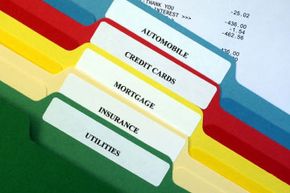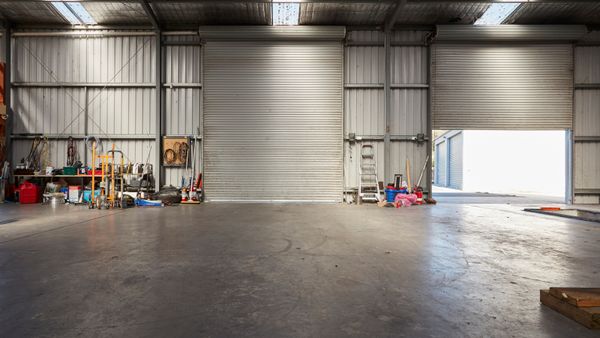Paying bills can sometimes feel like fighting a never-ending battle. Every time you get one in the mail, it's a reminder of the fact that even after you pay, 30 days later another will come. To make matters worse, bills often get mixed in with your junk mail or lost in the shuffle from your mailbox to the kitchen counter top. If you don't have a good system in place for keeping your bills organized and paying them on time, it could cost you a lot of money in late fees. It might even hurt your credit score.
In theory, keeping your bills organized seems like an easy task. In reality, however, it often proves more difficult. There are a number of reasons why. For example, bills don't all come at the same time. You might get your gas bill around the first of the month and your cable bill a week later. Similarly, the due dates are probably all different. Your rent or your mortgage payment is likely due on the 1st, but if you have a car payment, it may not be due until the 7th or later. On top of that, if you have roommates or a spouse who shares the responsibility of paying bills, things can get even more complicated.
Advertisement
However, organizing your bills doesn't have to be difficult. There are several ways to manage them, whether you get bills in the mail or you do everything online. It might be as simple as making a trip to the local hardware store to pick up some bins to store your bills in or doing some research to find out what online bill payment options are available. In some cases, it might mean buying computer software that will keep track of everything for you.
The most important thing is to find a system that works for you [source: Weston]. Keep reading to learn about methods you can use to organize the bills you pay by mail.
Advertisement

